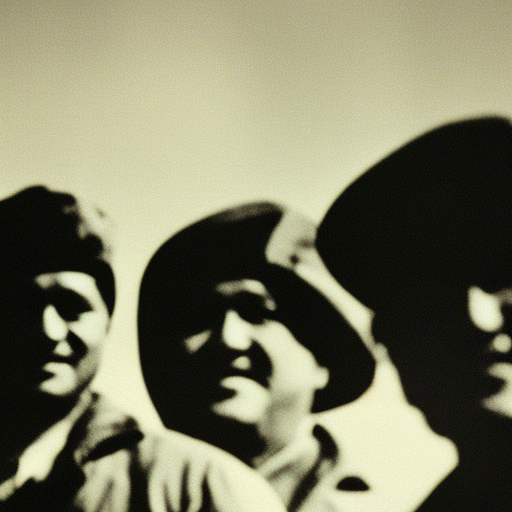Cesar Chavez: A Leader in the Farm Workers Movement
Cesar Chavez was a prominent American labor leader and civil rights activist who played a crucial role in the farm workers movement in the United States during the 1960s and 1970s. Born on March 31, 1927, in Yuma, Arizona, Chavez grew up in a Mexican-American family of migrant farm workers. His experiences as a child shaped his commitment to fighting for the rights of agricultural workers and improving their living and working conditions.
The Formation of the National Farm Workers Association
In 1962, Cesar Chavez co-founded the National Farm Workers Association (NFWA), which later became the United Farm Workers (UFW) union. The NFWA aimed to address the exploitation and mistreatment of farm workers, particularly those of Mexican descent, who faced low wages, long hours, and unsafe working conditions. Chavez and his colleagues organized strikes, boycotts, and protests to raise awareness and demand better treatment for farm workers.
The Delano Grape Strike and Boycott
One of the most significant events in Chavez’s career was the Delano Grape Strike and Boycott, which began in 1965. Chavez led a strike of Filipino and Mexican grape pickers in Delano, California, demanding higher wages and better working conditions. The strike lasted for five years and gained national attention, with support from various civil rights and labor organizations. Chavez employed nonviolent tactics, such as fasting, to draw attention to the cause and promote peaceful resistance.
The United Farm Workers Union
In 1966, the NFWA merged with the Agricultural Workers Organizing Committee (AWOC) to form the United Farm Workers (UFW) union. Chavez became the president of the UFW, and the organization continued its fight for the rights of farm workers. The UFW organized numerous strikes and boycotts, targeting companies that mistreated their workers. Through these efforts, the UFW successfully negotiated contracts with several major agricultural companies, improving wages and working conditions for farm workers.
Legacy and Impact
Cesar Chavez’s leadership and activism had a lasting impact on the labor movement and the rights of agricultural workers. His commitment to nonviolent protest and his ability to mobilize workers and gain public support were instrumental in bringing attention to the struggles faced by farm workers. Chavez’s efforts led to the passage of the California Agricultural Labor Relations Act in 1975, which granted farm workers the right to organize and bargain collectively.
Chavez’s work also inspired other marginalized groups to fight for their rights. His emphasis on grassroots organizing and community empowerment served as a model for future social justice movements. Chavez’s legacy continues to inspire activists and labor organizers to this day.
Conclusion
Cesar Chavez’s leadership in the farm workers movement brought attention to the exploitation and mistreatment of agricultural workers in the United States. Through his efforts, he successfully organized strikes, boycotts, and protests, leading to improved wages and working conditions for farm workers. Chavez’s commitment to nonviolent resistance and his ability to mobilize workers and gain public support left a lasting impact on the labor movement and inspired future social justice movements. His legacy continues to be celebrated as a symbol of hope and empowerment for marginalized communities.












